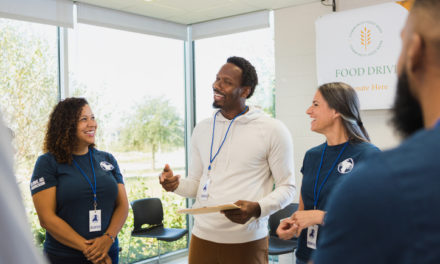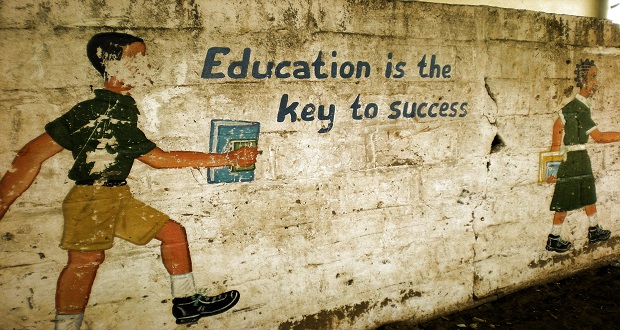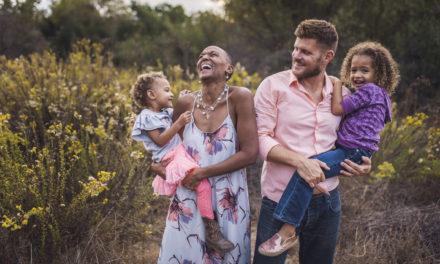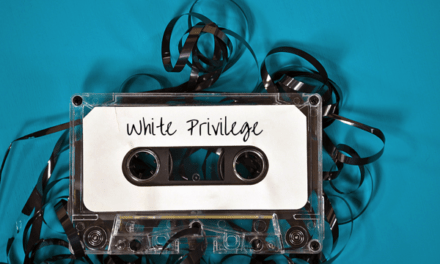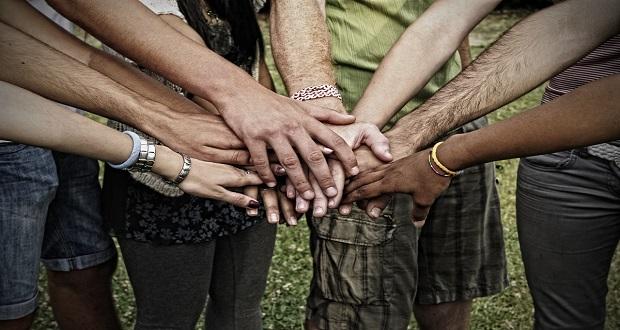
The past few years have been difficult for Equity and Inclusion professionals. Despite attacks on the fundamentals of this work, the importance of Diversity, Equity, and Inclusion (DEI) has not been lost in our workplaces or in our communities. Even as organizational demands increase and we, in turn, have less time for strategic planning, it is important that we remember to pay attention to our intentions, particularly as it relates to civic engagement. Shareholders and members of the public are demanding that organizations be mindful of how they present themselves and who they involve when engaging with their communities. The most effective leaders are listening, but what does that mean? Let’s use the analogy of planning a surprise birthday party to better understand civic engagement work through a culturally competent lens.
Do Nothing About Us Without Us.
First, organizations should collectively discuss which perspectives are essential to shape its policies, programs or investments. When planning initial engagement activities with community stakeholders, it is important to ensure that there are enough seats at the table—for your guests and theirs. Missing this key step may result in unintended consequences like low participation, lack of cultural sensitivity, or an erosion of trust from the very people you want to attract or support.
We once worked on a project to plan a job resource fair in the heart of a tight-knit, culturally diverse community. We were excited about the possible connections, the partnerships with prospective applicants, and building a long-lasting relationship with the community. We planned, and our community partner planned separately. Together, we over-planned, and we were not on the same page. We invited resumé reviewers, department leaders, and recruiters. We put up flyers and advertised. On the day of the event, no one came.
We did not spend time getting to know the community elders. We did not dedicate the time for an opening cultural ceremony. No one trusted or understood our purpose. Our group size was intimidating, and our tactics were too aggressive. We learned an important lesson: “Do nothing about us without us.”
Think about civic engagement like planning a surprise party: you can’t plan a successful surprise party for a person you do not know. It would be a miracle if you pulled it off without knowing what they like, who they’re friends with, where they live, how old they are, what language they speak, or if they even like surprises.
Tailor the atmosphere to the community.
As the example above shows, we must tailor our activities, policies, and programs to the preferences of the community with whom we are working or serving. Not only does this benefit the community, but our social capital, trust, reputation and the future existence of these programs are dependent upon successful collaborative relationships with stakeholders.
We are so globally connected that if a company is not practicing cultural competence, especially within community partnerships, they may inadvertently invite a negative reaction because they failed to recognize their homogeneity and the need for diverse perspectives. In the civic engagement example above we failed to recognize our lack of cultural competence. We planned and prepared for a fair without understanding the elders and their culture. We did not include important cultural ceremonies nor recognize the importance of a shared meal, things that were important to that community’s social practices. Without these important cultural aspects, the community members did not engage or trust our activity. We had two different plans between us and the community. We tailored our plans to our needs, and they tailored their plans to the needs of the community.
Now, back to our surprise party… Imagine what it would feel like to enter a home full of strangers yelling, “Surprise!” If you were the guest of honor at a surprise party thrown by people you did not know, it would likely be awkward to spark up conversations, feast on a cake that you may not like, and pretend to be appreciative for the effort that was put forth on your behalf.
Successful programs that are tailored to the needs of communities include representative members in the planning in an effort to be culturally responsive. When collaborating, be prepared to be flexible and expect that your traditional processes in decision making may need to vary when working with smaller, volunteer-led community groups. Remaining open to a true collaborative process will allow you the opportunity to gain insight and improved cultural competency. Both parties will ultimately gain something.
In your next opportunity to work with a new community, perhaps you’ll be introduced to new restaurants, new customs, or learn how to best navigate and nurture newly formed business partnerships. Perhaps you’ll thoughtfully learn how to plan events when they run concurrently with major religious and cultural celebrations. Perhaps you will gain future clients and customers that have not been introduced to your organization. It may not be easy to quantify these gains, but increased cultural competence within your organization will always have a return on investment when it comes to respect and trust, within and outside the community.
It is not a ‘one and done’.
Finally, civic engagement is not achieved through a ‘one and done’ mentality. Failing to look for opportunities to connect long-term can be damaging to the trust and relationships that you have gained. Many communities have a long history of organizations only interacting with them one time and exploiting those relationships by rebranding the event photos for years to come.
We have just begun to recognize that everyone needs to be included if we want to thrive in our society. Representation of community members in the dialogue is key to effectively make a change that is sustainable. If a company hosts an event to bring diversity into their organization only one time, they should not be baffled that it did not bring in more diverse talent.
Some cultures are relationship oriented, and relationships require time and consistent engagement. There is expectation for sincere conversations and feelings of comfort and belonging. Some people seek out organizations and people that can fulfill their relationship-oriented needs. This is probably why millennials consider employers’ policies on diversity, equity and inclusion when determining where they want to work. They want to know that their employer values them as a whole person and wants to foster inclusive relationships built on trust and authenticity.
Relationships are important. Relationships should be mutually beneficial. Relationships do not survive on one-time, one-sided interactions.
We cannot plan a surprise party for a person that we do not know and expect them to be grateful. We also cannot expect a community to be thrilled for an organization to come in, host an event, pose for photos and leave—never to hear from them again.
Opportunities to genuinely engage community members in meaningful, long-lasting relationships are rare. Planning a surprise party requires resources, and the cost of “winging it” is just too expensive. So, take care, and continue to be intentional when crafting interactions in your DEI work in the community.
Engaging the Community in DEI: (1) Do nothing about us without us, (2) tailor the atmosphere to the community, and (3) it is not a 'one and done'. Share on X
